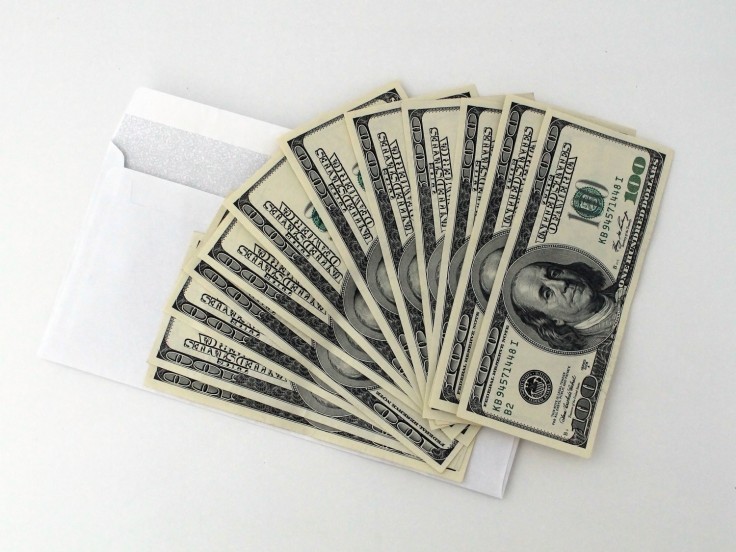
A third stimulus check may be released next month, but it may not be delivered via direct deposit or paper check.
Besides only stimulus checks, the next Covid-19 aid will include tax cuts and credits planned for this year that might help your family save money.
The American Rescue Plan Act of 2021 will increase the maximum earned income tax credit for adults, including more senior employees, and broaden the Child Tax Credit. It will also offer to fund aged and disability programs and increase the maximum earned income tax credit for adults, including older workers.
President Joe Biden is expected to improve child and senior care in a forthcoming bill, but none of these provisions are assured until signed into law.
The $1.9 trillion stimulus package includes a $1,400 stimulus check for each qualifying American. However, their money will be delivered by an Economic Impact Payment debit card rather than direct deposit or a mailed paper check for some people.
This happened to millions of people in the first and second round of checks, and it could happen again - unless you take action to improve your chances of obtaining your check via direct deposit instead.
Suggestions for receiving your stimulus check earlier
There might be a few items you can do to help speed up accepting the third payment. Here are some ideas about how you can make it more likely to obtain your checks earlier.
It's worth noting that specific improvements to requirements do not extend to a third stimulus check. Signing up for direct deposit with your 2020 tax return, for example, will place you in line for a third stimulus payment.
Your stimulus check and your taxes are inextricably connected. There are a few things to bear in mind about how your taxes can influence whether you qualify for a third stimulus check, depending on the eligibility rules and your adjusted gross income in 2020.
Taxes, on the other hand, are now connected to any unclaimed or untraced stimulus funds. Some Congress members have asked the IRS to delay the tax-filing deadline this year, but we haven't heard anything yet.
Nevertheless, we recommend that you try to file your taxes as soon as possible. You will get a refund (plus missing stimulus money) quicker if you file your taxes earlier rather than later, for example, if you file a tax extension. While you can file an extension to apply your taxes later (you'll still have to pay any taxes due now), deciding whether this will benefit or harm you can be troublesome.
To get a catch-up payment quicker, we suggest setting up a direct deposit with the IRS. If you already have an account, double-check that your account information is correct.
If you don't usually file a tax return due to your income level, IRS has created a free online tool you can use to register to receive your stimulus payment quickly. People who may fall into this category include some low-income workers.
The tool will ask for your name, address, Social Security number, and dependents, among other items. The IRS will then verify your eligibility, determine the amount you should get, and then give you the stimulus check.
The IRS will then deposit your payment directly into your bank account if you include your bank account details. They will ship your invoice to you if this is not the case.
Further, notify the IRS and the USPS if you've recently relocated.